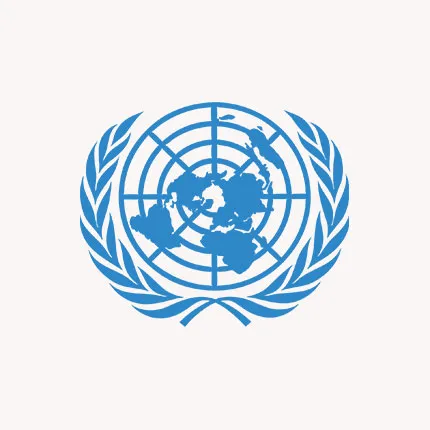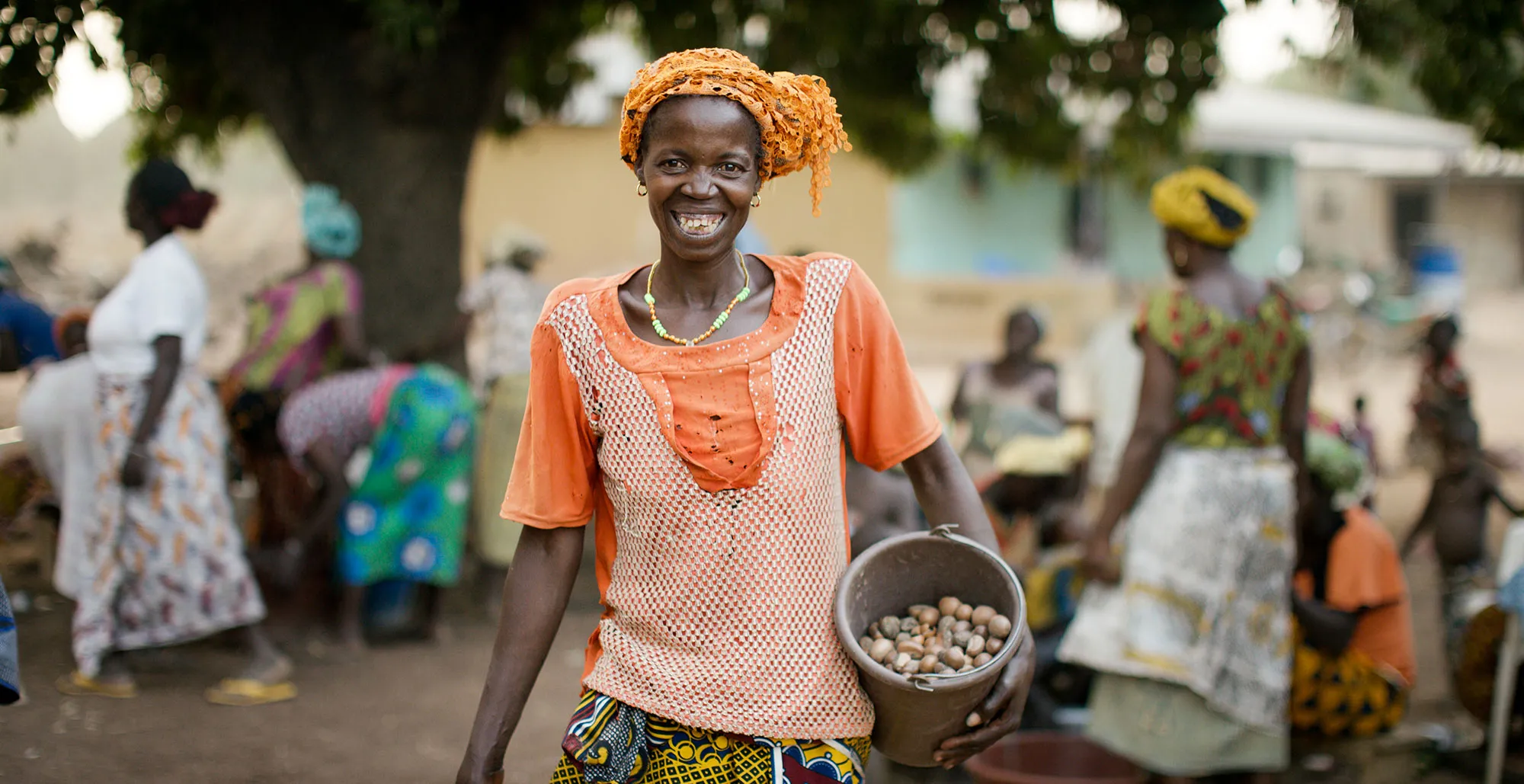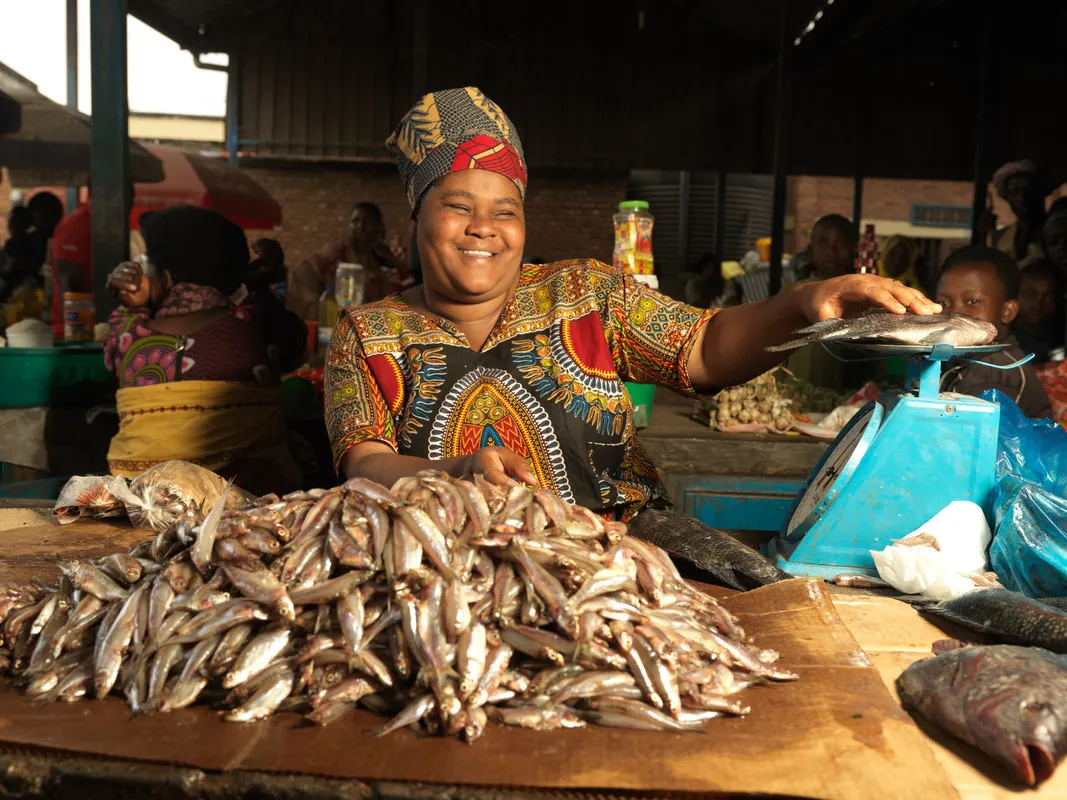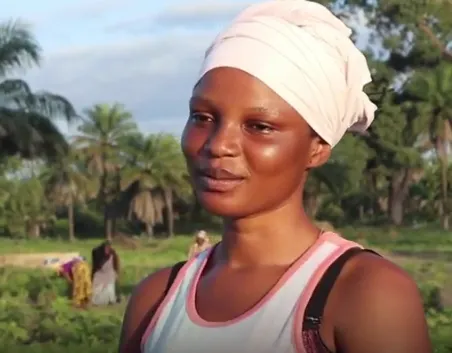
2021 United Nations Food Systems Summit
CARE has been instrumental in the 2021 United Nations Food Systems Summit. This Summit will launch bold new actions to deliver progress on all 17 sustainable development goals, each of which relies to some degree on healthier, more sustainable, and equitable food systems. The Summit will raise awareness to the idea that we all must work together to transform the world’s food systems. And the urgency of bold action is more important than ever before, as COVID-19 has further exacerbated the inequalities embedded in every aspect of global food systems. When our food systems fail, it is not only global nutrition that is threatened, but education, health, livelihoods, human rights, peace, and security, are at risk worldwide. And those who are already marginalized feel this reality the most: women, small-scale farmers, fisherfolk, Indigenous peoples, and seasonal and migrant workers.
The Summit aims to develop and implement solutions that will generate measurable progress towards the 2030 Agenda for Sustainable Development by elevating public discussion about reforming our food systems; developing principles to guide governments and stakeholders to leverage food systems; and creating a system of follow-up to ensure that progress is made well after the Summit ends.
The Summit is guided by five Action Tracks, that bring together actors from across the world’s food systems and explore how key, cross-cutting levers of change such as human rights, finance, innovation, and the empowerment of women and young people can be mobilized to meet the Summit’s objectives.
Action Track 4: Advancing Equitable Livelihoods
Action Track 4 (AT4), Advancing Equitable Livelihoods, is chaired by CARE CEO, Michelle Nunn. CARE is dedicated to overcoming the inequalities that prevent food systems from delivering sustainable and equitable livelihoods. AT4 is specifically focused on ensuring that food systems development creates jobs to eliminate poverty, raises incomes across food value chains, reduces risk for the most marginalized, and increases value distribution. AT4’s work examines the impact this has on production, consumption patterns, people’s nutrition, and livelihoods.
Too often the ones who are producing our food are the first to go hungry. AT4 solutions prioritize the most vulnerable actors in food systems and put the dignity of those who produce our food first, in an effort to ensure their human and labor rights and promote their livelihoods. To learn more about Action Track 4 and the other UN Food Systems Summit, check out the online community platform and read about the Action Track Solution Clusters.



